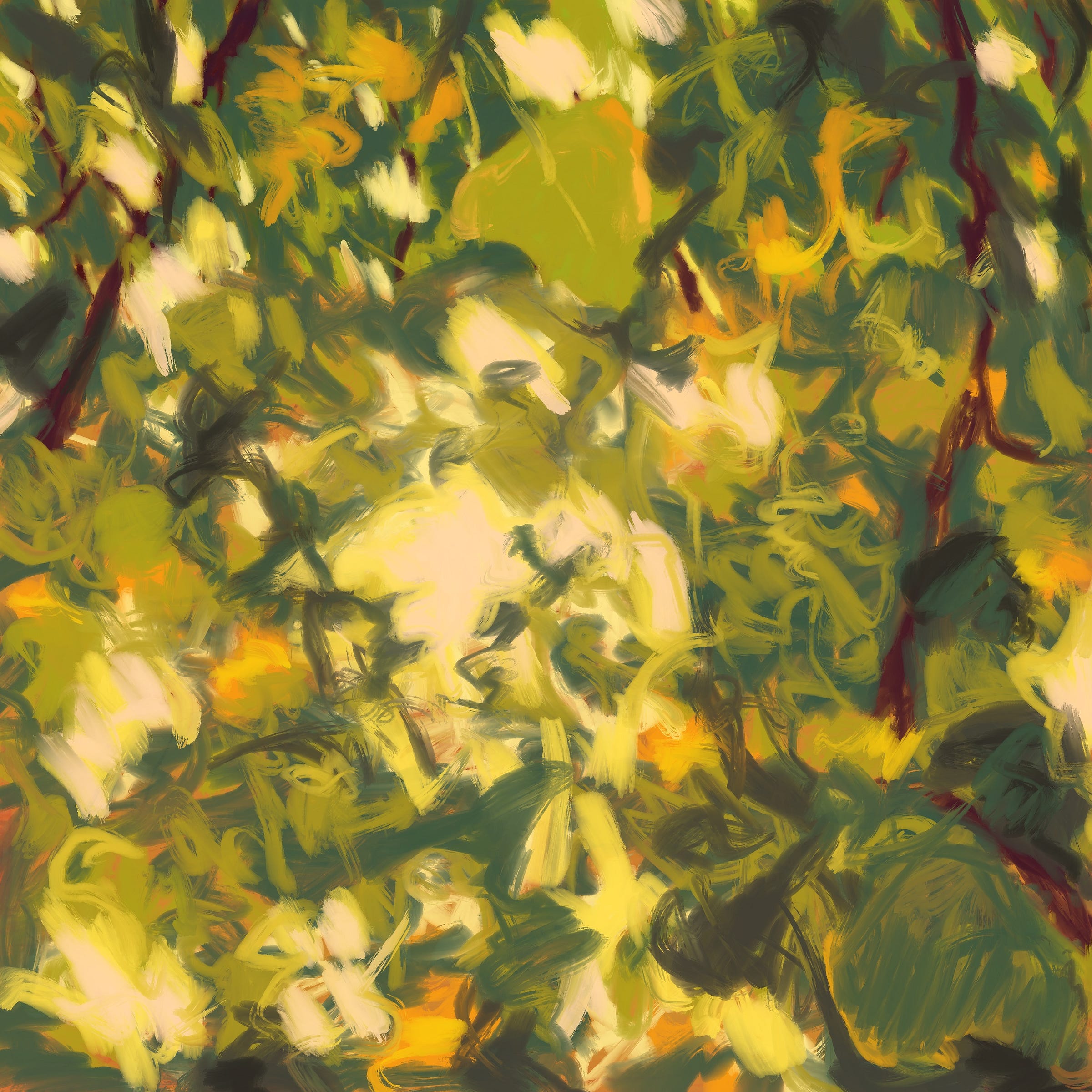The Fragrance of an Idea
Going Through Old Notebooks Part 6.

Dear Reader,
Hello again. So this is another five things—really a “six things”—cobbled together from back in the day, when I still had fewer than 20 or 30 readers on Substack, I think, but it’s been reconfigured from a few different pieces. Aga…


